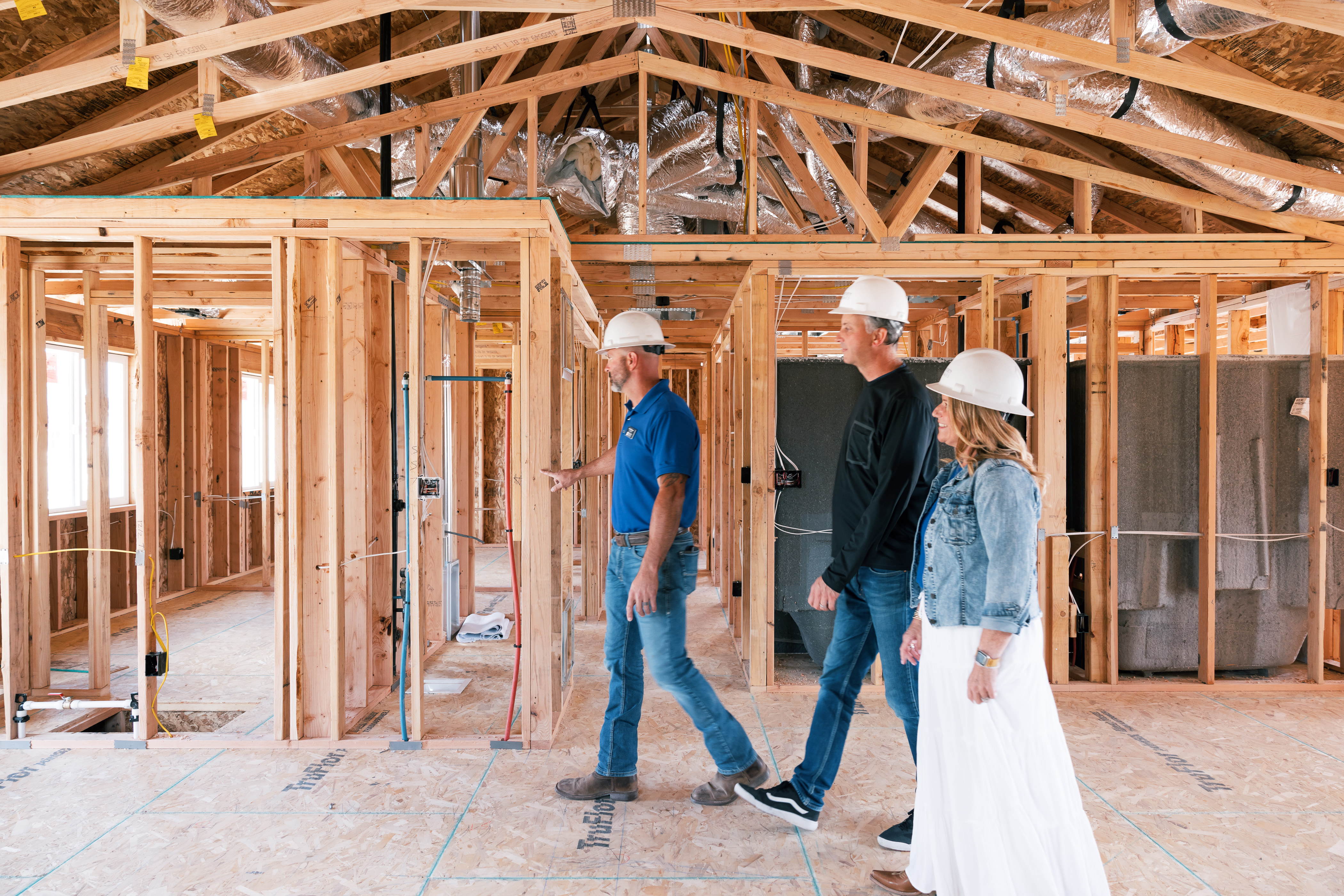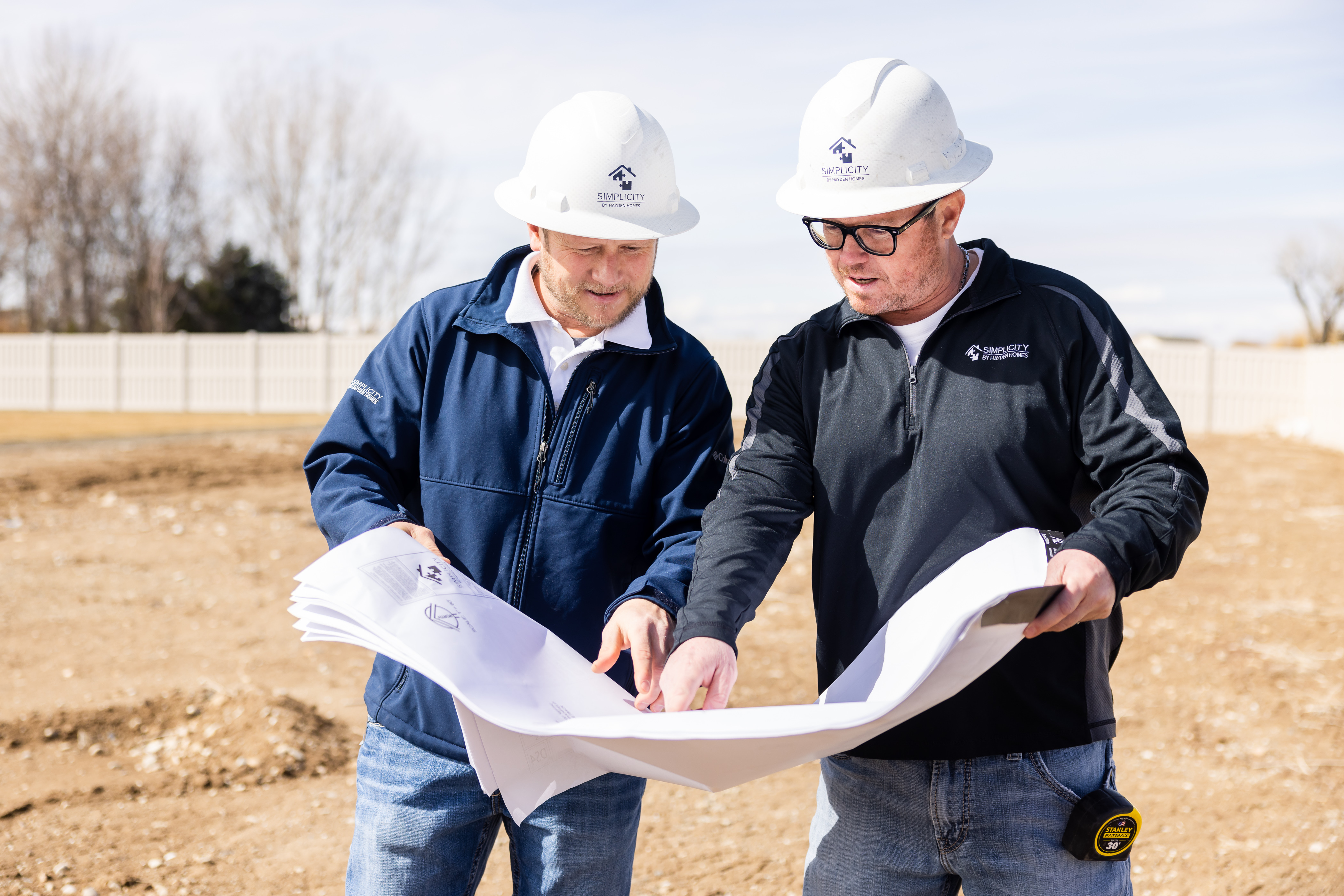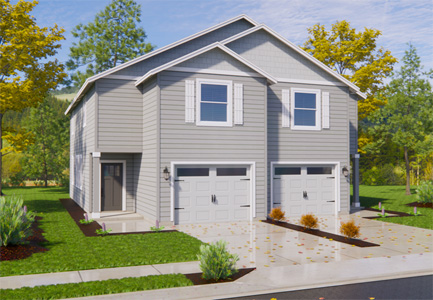
Buying a ready-built house is a common route to homeownership, but what if you dream of building your future home from the ground up? For this, new home construction loans provide a pathway to turn your vision into reality. But how exactly do these loans work, and are they the right fit for your needs?
Let’s discuss new home construction loans, their benefits, how they work, and essential tips for navigating the process. Whether you’re considering building a home now or in the future, this guide will help you make informed decisions.
Understanding the Basics of New Construction Loans
What Are New Home Construction Loans?
A new home construction loan is a short-term, high-interest loan that covers the construction period—usually up to a year. Construction loans cover expenses such as land purchase, material costs, labor, permits, and other construction-related fees. After construction is done, many homeowners refinance the loan into a traditional mortgage or repay it entirely.
Understanding how construction loans differ from regular home loans is crucial for homebuyers considering new construction builds.
How Do They Differ from Traditional Mortgages?
The key differences between construction loans and standard mortgages are in their structure and timelines.
- Multiple Draws: Construction loans disburse money in stages, or “draws,” as construction milestones are completed.
- Short-Term Loan Periods: These loans typically last 12 to 18 months, compared to 15- or 30-year mortgages.
- Interest Rates: The interest rates for construction loans are often higher due to increased risks associated with the building process.
Eligibility Requirements for Obtaining a Construction Loan
To qualify for a construction loan, lenders look carefully at your financial profile. Here are some common eligibility factors:
- Down Payment: Most lenders require a higher down payment, typically 20% to 25% of the total estimated cost.
- Credit Score: A strong credit score (usually 680 or above) is essential.
- Income Stability: Your debt-to-income ratio must demonstrate that you can handle payments in addition to other expenses.
- Detailed Plans: Lenders often request architectural plans, project timelines, and building permits to assess the feasibility of your project.
These requirements may vary among lenders, so it’s worth researching options to find a loan that fits your financial situation.

Types of Construction Loans
When it comes to new home construction loans, homebuyers have several options to choose from, each catering to different needs and circumstances. Here’s an overview:
Construction-Only Loans
These loans cover the cost of building the home but must be paid off (or converted into a traditional mortgage) once construction is complete. They’re a short-term option and require borrowers to secure permanent financing afterward.
Construction-to-Permanent Loans (Single-Close)
This streamlined option combines construction financing and the permanent mortgage into one loan agreement. Once the home is built, the loan converts into a traditional mortgage. This method saves time and eliminates the need for multiple loan applications.
Renovation Loans
For those looking to update an existing property rather than build from scratch, renovation loans fund large-scale remodeling projects. These loans are helpful if you find a fixer-upper that needs work before moving in.
Owner-Builder Loans
If you plan to act as your own contractor, this loan provides funding specifically for self-built homes. However, you’ll need to prove you have the necessary skills and experience to qualify.
Each loan type comes with unique benefits and drawbacks. Consider factors like interest rates, fees, and complexity when making your decision.
Step-by-Step Guide on How a Construction Loan Works
Step 1: Pre-Approval Process
Before applying for a construction loan, you need pre-approval from a lender. This process typically involves providing proof of income, assets, liabilities, and detailed plans for your home. Unlike traditional mortgages, lenders require extensive documentation on your home’s design and construction.
Step 2: Choosing a Builder
You’ll need to select a licensed and experienced builder who can deliver quality work. Lenders typically assess the contractor’s credentials and approve them as part of the loan process. Working with an established builder is essential to mitigate risks and ensure compliance with lender standards.
Step 3: The Construction Phase and Disbursement Process
Once your loan is approved and construction begins, funds are released in multiple stages or “draws” based on the completion of pre-agreed milestones, such as laying the foundation, framing the structure, or installing plumbing. During this phase, interest is charged only on the amount disbursed so far.
The lender may conduct inspections at each construction stage to ensure progress aligns with the project plan. Any delays or deviations could lead to funding interruptions.
Step 4: Transitioning to a Permanent Mortgage
Once construction is complete, the loan transitions into a permanent mortgage (also called a construction-to-permanent loan). This mortgage pays off the balance of your construction loan and establishes fixed monthly payments for the long term, similar to conventional mortgages.

Tips for Securing the Best Construction Loan
Improve Your Credit Score
Lenders want to minimize their risk, so a strong credit score improves your chances of getting favorable terms. Focus on paying down debts, avoiding late payments, and decreasing your credit utilization rate.
Work with Experienced Professionals
Partner with reputable lenders, contractors, and real estate professionals specializing in construction projects. Their expertise will streamline the process and help you avoid costly mistakes.
Simplicity’s knowledgeable New Home Advisors will walk you through the process and begin building your budget. They can answer any questions about construction costs, floor plans, and materials. They work closely with our trusted lenders who specialize in construction loans and can help determine what type of financing is best for your new home. You can learn more about our financing process here.
Understand Your Loan Agreement
Review all terms and conditions of your loan agreement thoroughly. Focus on key aspects like interest rates, disbursement processes, and penalties for delays or changes in your project. Consulting with a financial advisor or loan specialist can provide clarity.
Start Building Your Dream Home with Simplicity Homes
Buying an existing home may feel easier, but building your dream home is one of the most rewarding investments you’ll make. Understanding how construction loans work puts you in control of the building process, allowing you to design your perfect space while navigating financing with confidence.
At Simplicity, we understand that purchasing a home is a major financial decision, but we are here to help you every step of the way. To learn more about our homebuilding process and how to get started, contact us today. We look forward to helping you build the home of your dreams!







